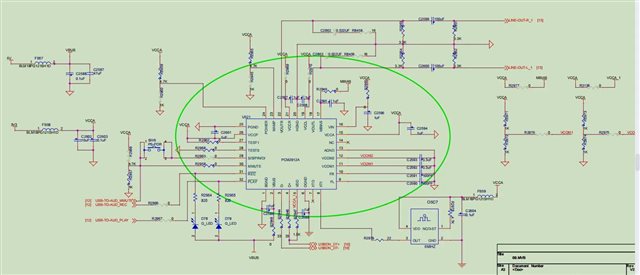Tool/software:
ALSA lib pcm_direct.c: 980: (snd1_pcm_direct_initialize_slave) unable to install hw params
ALSA lib pcm_dmix.c: 1030: (snd_pcm_dmix_open) unable to initialize slave
aplay: main: 682: audio open error: Input/output error
What might be the cause of this problem? Is it related to hardware?"







